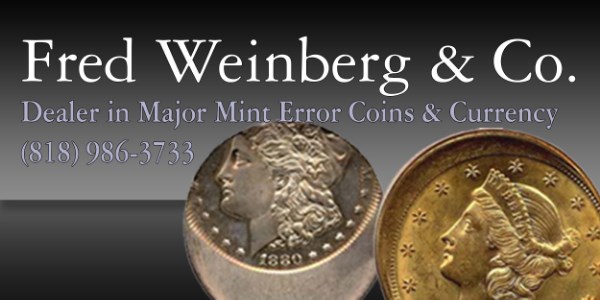
PREV ARTICLE
NEXT ARTICLE
FULL ISSUE
PREV FULL ISSUE
QUIZ ANSWER: RUGOSITYIn last week's issue Dick Johnson asked, "What 20th century U.S. circulating coin did Walter Breen describe as displaying rugosity?" Pete Smith writes: From Walter Breen's Complete Encyclopedia of U. S. and Colonial Coins, page 257: "Gone is much of the rugosity of Black Diamond's hide, gone too are many details of the Indian's hair, wrinkles, and feathers." Dave Lange writes: I recalled that word immediately from when I was writing the first edition of my Buffalo Nickel book, though I resisted the temptation to include it in my own descriptions. Walter Breen was decrying Charles Barber's habit of smoothing out the fields of all new coin types that came his way from outside sculptors. The deeply textured surfaces were in vogue among artists of the time, as they diffused the light and permitted easier viewing of the design. The prevalence of sandblasting or otherwise imparting matte surfaces to coins and medals was an extension of this same trend. Unfortunately, Mr. Barber's conventional thinking found such practices objectionable, and he replaced the textured fields with smooth, shiny ones at every opportunity. The Type 2 1913 nickels and all succeeding pieces were so treated, as were the dimes, quarters and halves produced midway through 1917 and thereafter. Dave Ellison also correctly identified the Type 1 Buffalo nickel as the object of
Breen's statement. Thanks, everyone! -Editor
To read the earlier E-Sylum article, see:
 Wayne Homren, Editor The Numismatic Bibliomania Society is a non-profit organization promoting numismatic literature. See our web site at coinbooks.org. To submit items for publication in The E-Sylum, write to the Editor at this address: whomren@gmail.com To subscribe go to: https://my.binhost.com/lists/listinfo/esylum All Rights Reserved. NBS Home Page Contact the NBS webmaster 
|